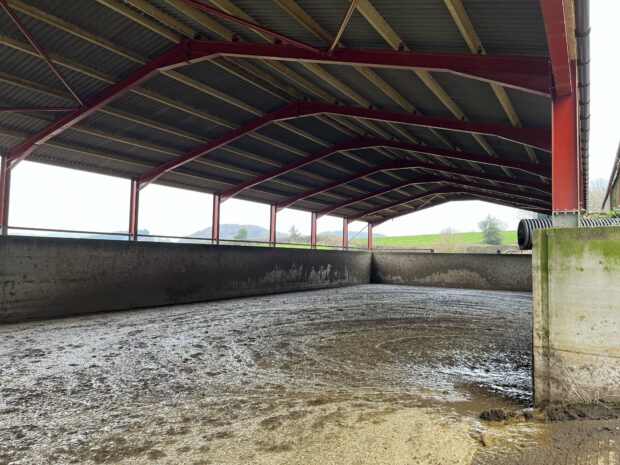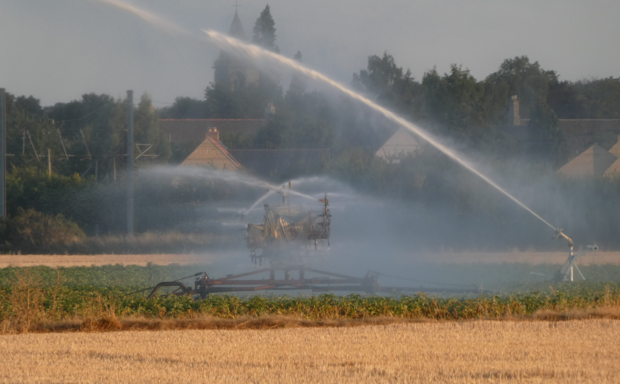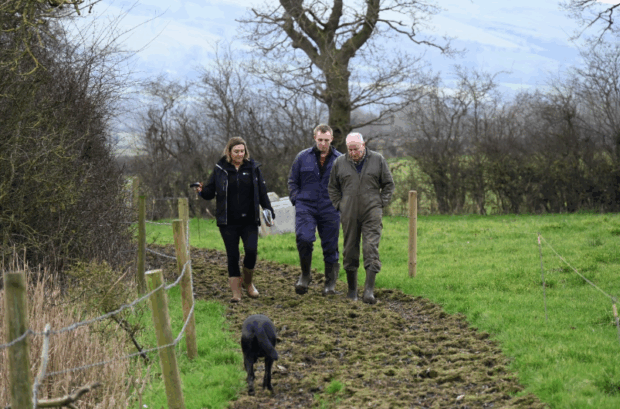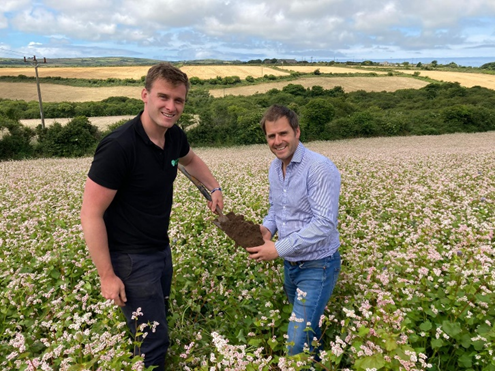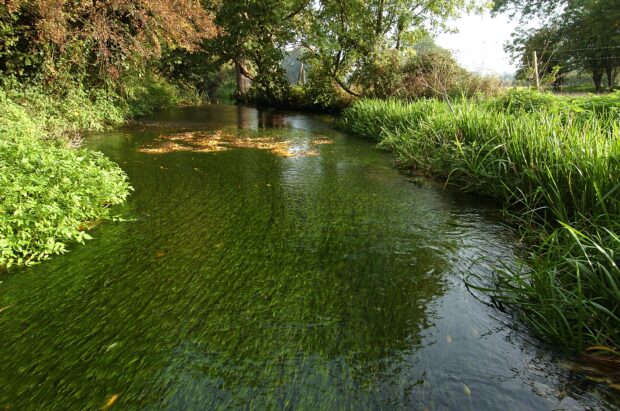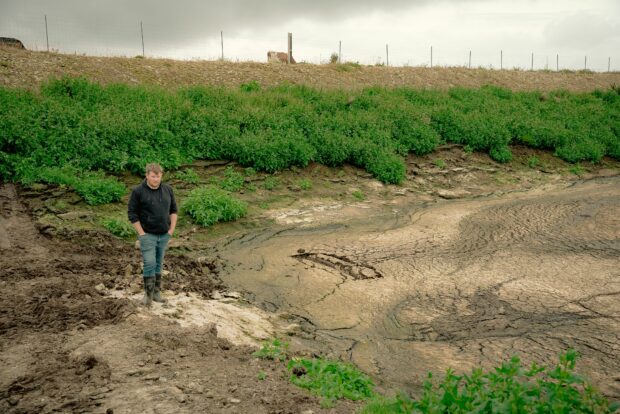agriculture
At the Environment Agency, nature is key to what we do. It’s our job to protect and enhance the environment, enabling nature’s recovery whilst contributing to sustainable growth, with an ambition for climate resilience and healthy air, land and water. We can't do this alone - partnership is at the heart of how we work.
As autumn begins, many farmers are still feeling the effects of prolonged dry weather and drought despite recent rainfall. Here the Environment Agency provides advice on how to prepare for winter challenges such as flooding, slurry storage, and reservoir refilling.
As we launch this year’s farm winter ready campaign, with a very dry spring passed and many areas of the country in drought, a wet winter may not be at the forefront of our minds. But time never stands still, …
Current situation Spring 2025 across England was the driest since 1893 with all areas receiving well below average rainfall. The dry spring has seen exceptionally low river flows experienced across northern and central England. Recent rainfall at the start of …
We play a key role in ensuring that farming practices comply with environmental regulations. Agriculture is the biggest sector we regulate. We deliver at least 4000 farm inspections per year. These are targeted to farms and parts of the country …
Stephen Webster is a land management officer in Cornwall and has worked with daffodil growers over the last two years to reduce flood risk and soil erosion. Cornwall is the home of daffodils, with four out of five flowers cut …
In our last post about how farmers can get ready for winter we looked at a case study with Tom, a dairy farmer in Cornwall, who had made some major changes to his slurry storage and farm buildings. In this …
By Helen Wakeham, Director of Water World Rivers Day, celebrated every year on the fourth Sunday of September, is a global event that highlights the importance of rivers and the urgent need to protect them. Public concern around pollution in …
We recently met up with Tom, a dairy farmer in Cornwall, who had made some major changes to his farm infrastructure. Tom acted to bring his slurry storage into compliance with the Silage, Slurry and Fuel Oil regulations and to …
As part of our farm Winter Ready campaign, we’re looking at where to start when assessing the impact of rainfall on slurry storage and what are the first, and often most straightforward, steps you can take. You may find getting …



